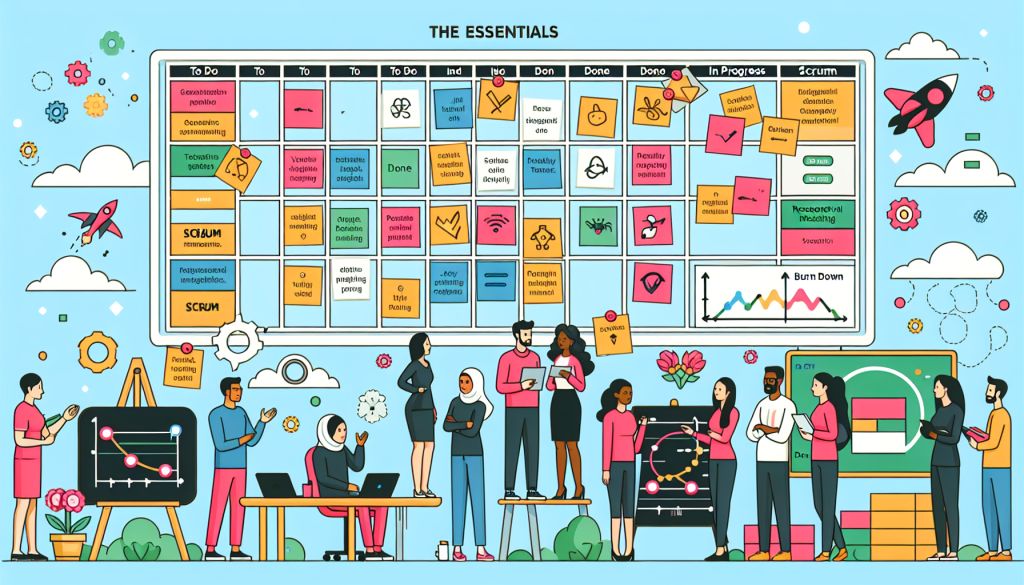In 2025, the concept of Scrum has become increasingly recognized as the key to agile transformation in the business world. Scrum for the Win: Strategies for Success . This agile project management framework has revolutionized the way teams work together to deliver high-quality products and services in a fast-paced and ever-changing market.
Scrum is based on the principles of transparency, inspection, and adaptation, which allow teams to quickly respond to changing requirements and deliver value to customers more effectively. By breaking down complex projects into manageable tasks and iterations, Scrum enables teams to work collaboratively towards a common goal, resulting in faster delivery times and improved quality.
One of the key benefits of Scrum is its emphasis on continuous improvement. Teams regularly review their progress and make adjustments as needed, ensuring that they are always working towards the most valuable outcomes. This iterative approach not only leads to better products and services but also fosters a culture of learning and innovation within the team.
Another important aspect of Scrum is its focus on self-organizing teams. By empowering team members to make decisions and take ownership of their work, Scrum fosters a sense of accountability and motivation that drives teams to achieve their goals. This level of autonomy also promotes creativity and collaboration, leading to more innovative solutions and ultimately, better outcomes for the business.

In addition, Scrum promotes a customer-centric approach to product development. By involving customers in the process and gathering feedback early and often, teams can ensure that they are delivering products and services that meet the needs and expectations of their target audience. This customer feedback loop not only helps teams prioritize their work but also ensures that they are constantly delivering value to their customers.
Overall, Scrum has proven to be a powerful tool for businesses looking to embrace agility and drive innovation in their organizations. By adopting Scrum practices, teams can transform the way they work, leading to increased productivity, better collaboration, and ultimately, a competitive edge in the market. As we look towards the future of agile transformation in 2025, it is clear that Scrum will continue to play a key role in helping businesses adapt to the ever-changing demands of the digital age.